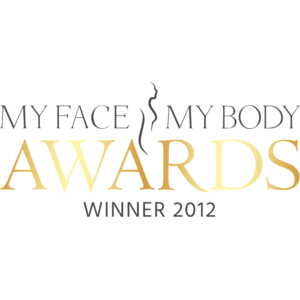Acne: Psychological and Social Effects
For about three quarters of the people who develop acne, it starts in adolescence and, untreated, it frequently extends into adulthood.
Unlike many other skin conditions, it is usually visible on the face, and no doubt this contributes to the frequency of associated psychological problems at a time in young people’s lives when physical appearance is usually of huge importance to them.
Sufferers may grow their hair long and use makeup in attempts to conceal the condition. This can make the acne worse.
Stress - and exams are a good example - frequently causes an exacerbation. Since acne itself causes stress, a vicious circle can follow. Acne has been found to be associated in young people with increased levels of depression, anxiety and low self-esteem. The effects on mood are quite striking with one study finding that
14% of students with acne were clinically depressed.
In a different study, 24% of adolescent acne sufferers reported suicidal thoughts, this being nearly three times more than their peers who did not have acne.
Adolescents with acne are more likely to withdraw from their families, to struggle with their school work and to have few romantic relationships. They often avoid sports, especially those such as swimming, when their bodies might be on show. Boys are prone to all of these problems, but girls tend to be even more severely affected. Improvements after treatment for acne have been found to result in improved self-esteem, a better body image and more rewarding social functioning. Given the psychological and social burdens associated with the condition among vulnerable young people, and given that safe and effective therapies are now available, doctors, acne sufferers and their families should be energetically pursuing treatment.










